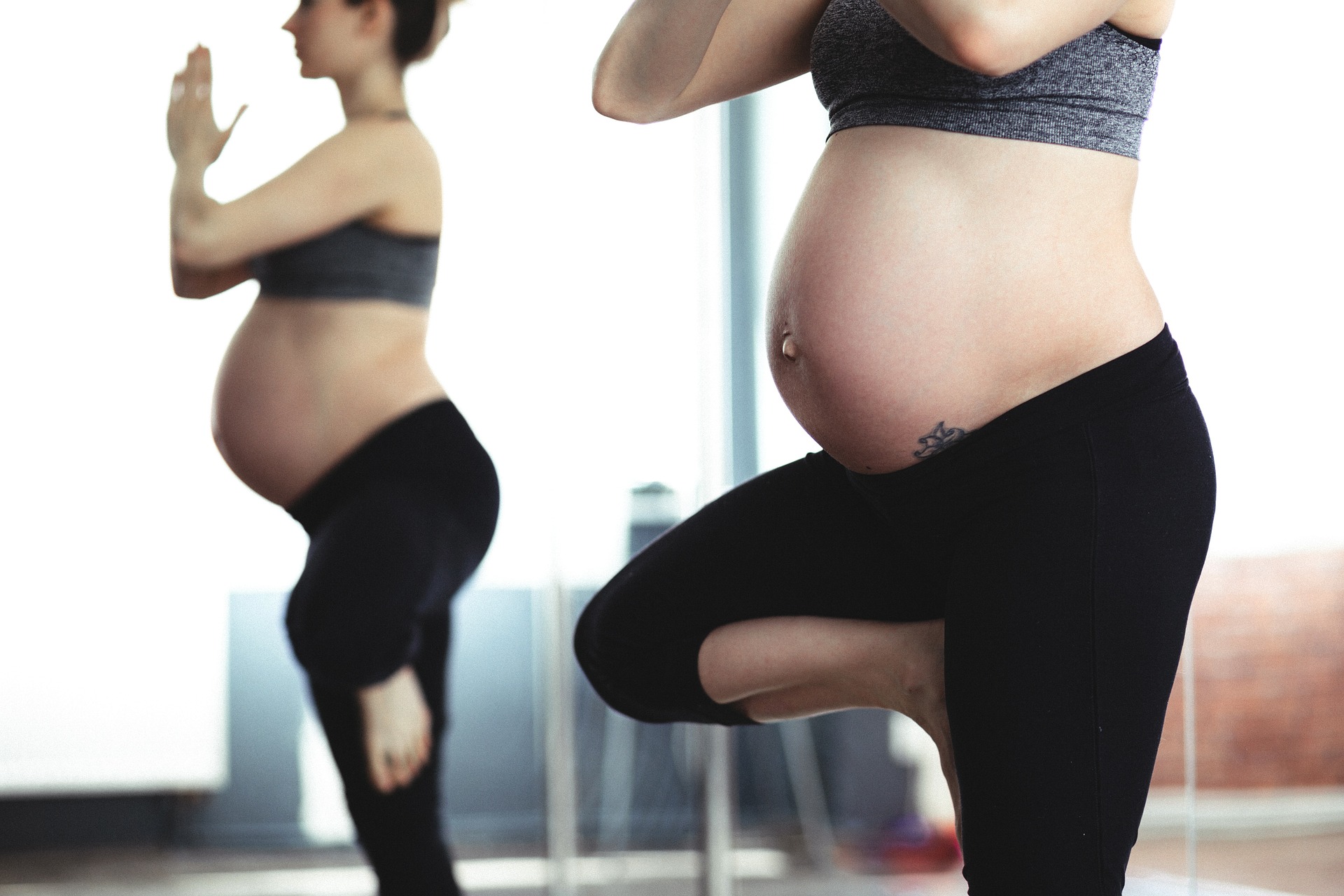Pregnancy can be a beautiful and exciting time for many women, but it can also bring its own set of challenges, especially when it comes to staying active and fit. Pregnancy can bring changes in a woman’s body that may impact her ability to continue her regular workout routine, but with a few modifications and precautions, women can still safely maintain their fitness levels during pregnancy. In this article, we will go over some of the best and safe workout fitness tips for pregnant women to help them stay healthy and active throughout their pregnancy.
Consult Your Doctor:
Before starting any exercise regimen during pregnancy, it is essential to consult with a doctor. This will help you understand the changes in your body and any restrictions you may have based on your health and the stage of your pregnancy.
Warm-Up and Cool-Down:
Warming up and cooling down are important for any workout, but especially for pregnant women. Warming up helps to increase blood flow and prepare your body for exercise while cooling down helps to prevent blood pooling and sudden changes in blood pressure.
Choose Low-Impact Exercises:
High-impact exercises like running or jumping can put a lot of stress on your joints and can increase the risk of injury. Low-impact exercises like walking, swimming, or cycling are safer options for pregnant women and can still provide a good workout.
Focus on Strength Training:
Strength training is especially important during pregnancy, as it helps to maintain muscle tone and improve posture, which can become compromised due to the weight gain that often accompanies pregnancy. Light weights and bodyweight exercises like squats, lunges, and push-ups are great options for pregnant women.
Stay Hydrated:
Staying hydrated is essential for all physical activities, but especially for pregnant women. Dehydration can cause dizziness, and fatigue, and can be harmful to the developing fetus. Make sure to drink plenty of water before, during, and after your workout.
Avoid Overheating:
Overheating can be harmful to the fetus, so it is important to avoid exercising in hot and humid conditions. It’s best to exercise in a well-ventilated area or to use a fan or air conditioning to help keep you cool.
Pay Attention to Your Body:
During pregnancy, your body goes through many changes, and it’s important to listen to it and make adjustments as needed. If you feel tired, experience pain or discomfort, or notice any other symptoms, it’s best to stop exercising and rest.
Focus on Flexibility:
As your body changes during pregnancy, it’s important to maintain your flexibility to help with balance and mobility. Yoga, Pilates, and stretching are great ways to improve flexibility and maintain overall health and wellness during pregnancy.
Pay Attention to Your Breathing:
As your baby grows, your body will undergo changes that may affect your breathing, particularly during physical activity. It’s important to focus on breathing deeply and slowly to maintain adequate oxygen levels for both you and your baby.
Consider Pre-Natal Exercise Classes:
Pre-natal exercise classes can be a great way for pregnant women to stay active and get support from other women who are going through similar experiences. These classes are usually led by certified fitness professionals who are trained to help women modify exercises to accommodate their changing bodies during pregnancy.
Don’t Forget About Cardiovascular Exercise:
While low-impact exercises are usually the safest options for pregnant women, it’s also important to include cardiovascular exercise to help keep your heart and lungs healthy. Brisk walks, cycling, and swimming are all good options.
Avoid Certain Exercises:
Some exercises can be harmful to the fetus and should be avoided during pregnancy. These include exercises that involve lying on your back, excessive bouncing, and high-impact activities like contact sports. Your doctor can help you determine which exercises are safe for you based on your individual pregnancy.
Consider Hiring a Personal Trainer:
A personal trainer can help you create a safe and effective workout plan that is tailored to your individual needs and goals during pregnancy. They can also help you modify exercises as your body changes and can provide additional support and encouragement throughout your pregnancy.
Be Mindful of Your Posture:
Good posture is important for both your overall health and the health of your growing baby. As your belly grows, it can be tempting to slouch, but it’s important to maintain a neutral spine position to help prevent back pain and other discomforts.
Don’t Neglect Your Core:
Your core muscles are essential for stability and support during pregnancy, especially as your belly grows. Strengthening your core can help prevent back pain and improve your balance, which can be especially helpful as you near the end of your pregnancy.
Conclusion:
In conclusion, pregnancy can be a time of great change, but with a few modifications and precautions, women can continue to safely maintain their fitness levels during this exciting time. By following these tips, pregnant women can stay active, healthy, and confident throughout their pregnancy, which can benefit both themselves and their growing baby.
Remember, every pregnancy is unique, so it’s important to listen to your body and consult with your doctor before starting any exercise program. With a little bit of effort and a focus on safety, women can continue to enjoy the benefits of a healthy and active lifestyle during pregnancy and beyond.



